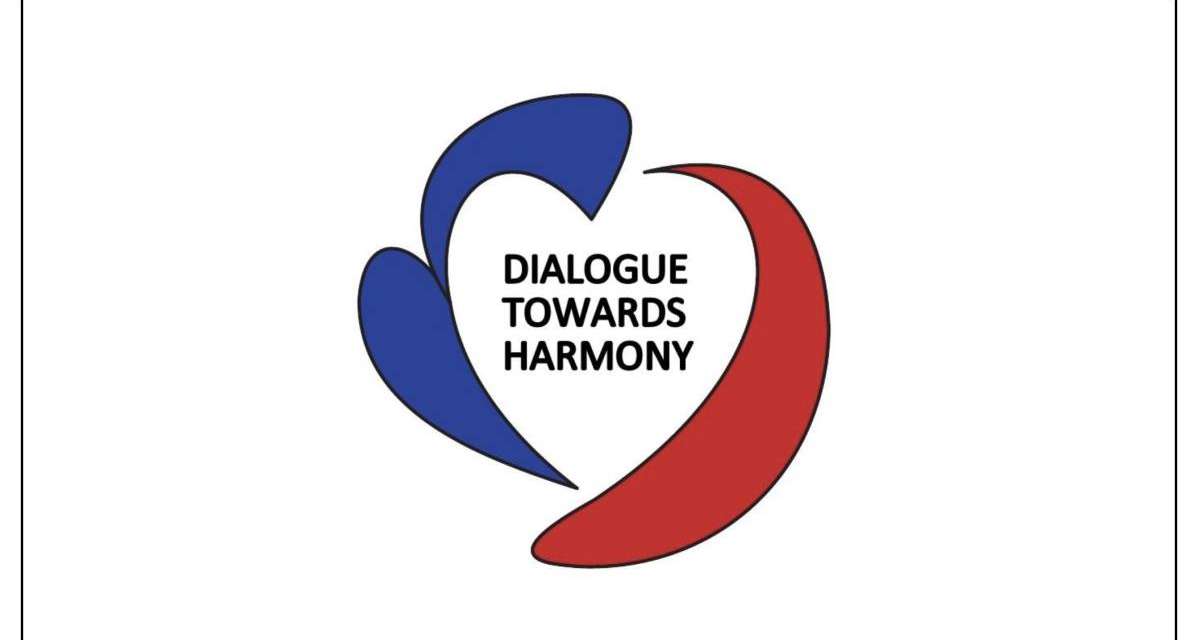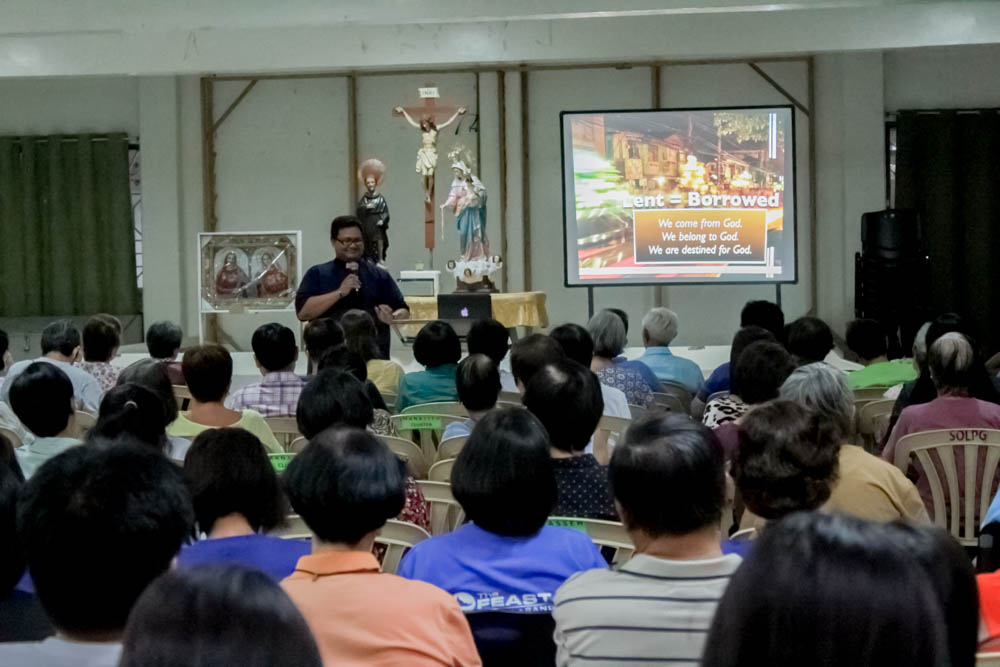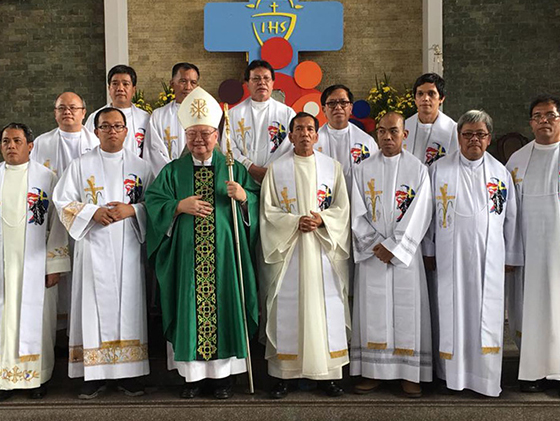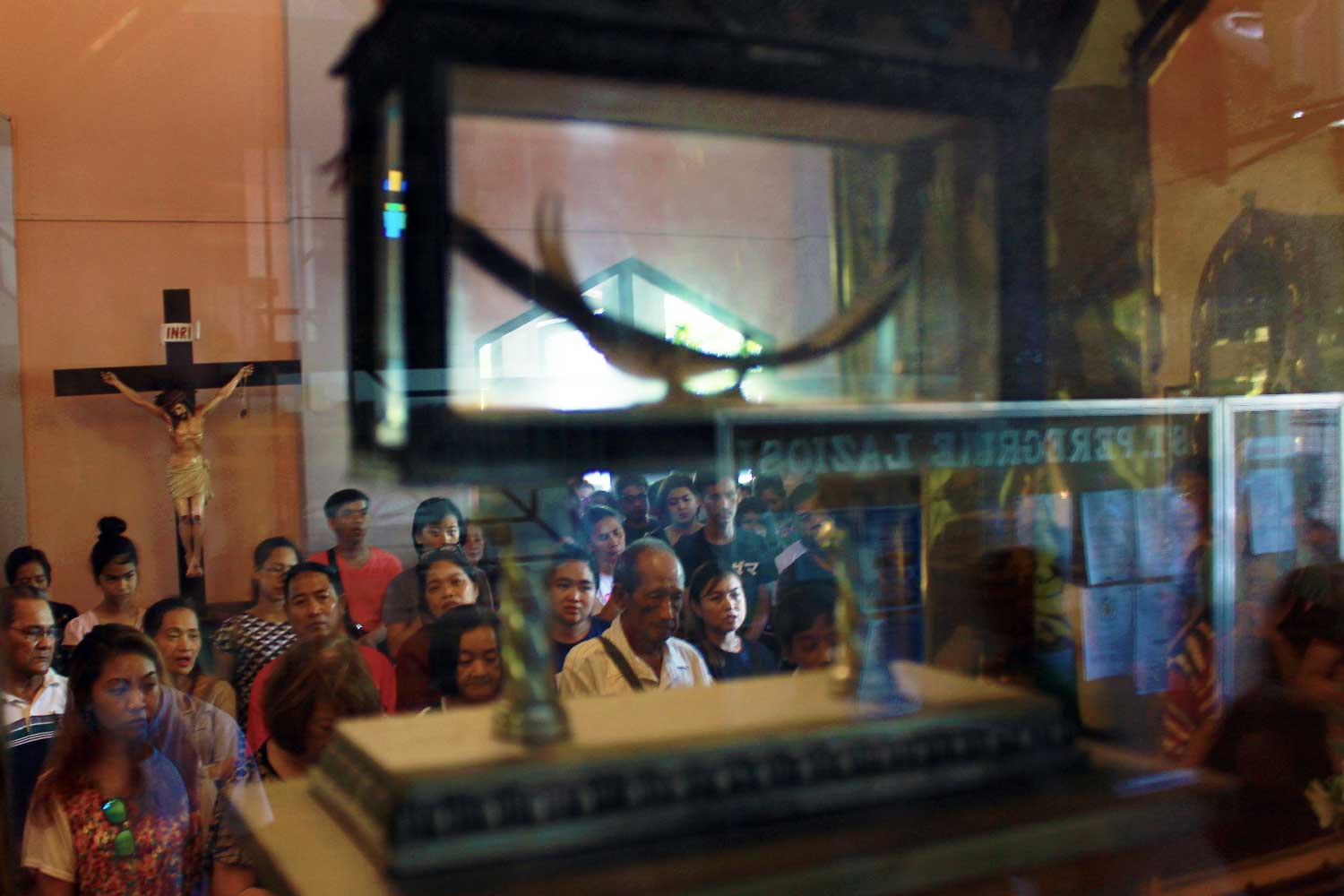Foundations
- Biblical. “Father, just as you are in me and I am in you; may they also be one in us so that the world may believe that you have sent me.”(Jn. 17:21)This verse from the priestly prayer of Jesus is central to the idea of Ecumenism. This clearly expresses the will of Christ for his disciples to be united as one in Him. In this sense, Ecumenism is a significant part of the Church’s mission in the world. Our Holy Mother Church indeed calls us to reach out to our other Christian brothers and sisters, but first of all, through prayer which is the “soul of the whole ecumenical movement” (UR, 8).
- Liturgical. Every year, from 18 to 25 of January, we hold the week of prayer for Christian unity. In our Good Friday liturgy, we beautifully express this concern in our General Intercessions when we pray for the unity of all Christians throughout the whole world.
- Diocesan Core Value. Let us also be aware that as a diocese one of our core values is unity in diversity. What a timely reminder to enrich our diocesan identity in this year of Ecumenism! Beyond divisions among Christian groups present in our territorial confines, our unity in Jesus as our same God and Savior must prevail. The means to attain this is through harmonious dialogue.
Overcoming Prejudices
Entering into a harmonious dialogue with our other Christian brethren is not possible if our minds and hearts are filled with prejudices towards them. We need to overcome past attitudes that block our relationship with them, and which may
even foment hostility towards them. What are these attitudes that we need to purify? The following are some:
- Our brand of Christianity, that is, that the Catholic Church has the exclusivity of all religious truths. The fact is: Many truths of our faith are also present in other Christian groups (cf. UR, 3). The way they live out these truths can also enrich us.
- Only Catholics will be saved in the next life so we need to convert others into our religion. The fact is: Though we have “the all-embracing means of salvation,” other Christian churches are not deprived of the mystery of salvation (cf. UR, 3). Thus, we do not need to impose our faith on them. Conversion, in the end, is the work of the Holy Spirit. Our tasks are to proclaim our faith and to give witness to it.
- Arguing and debating about our respective beliefs often characterize our interaction with other Christian groups. The fact is: Ecumenism is not only about doctrines. Yet even in theological exchange, the way is listening to each other in the spirit of humility and love (cf. UR, 11).
But alongside these attitudes in need of purification, we also need to take into consideration the renewal of our firm confidence towards our Catholic faith accompanied by our humble respect of others’ beliefs. This is important for our own spiritual welfare, and in order to avoid unhealthy compromises in our beliefs and practices when we engage in dialogue with our brothers and sisters of other Christian groups.
Dialogue: the Call to Christian Fraternity (the 3 Ws)
Ecumenism as a path towards Christian unity in our diocese can then be realized in a visible manner through the following ways which I call, and for everyone to easily remember, as the 3 Ws. These are to WALK TOGETHER, WORK TOGETHER and WORSHIP TOGETHER.
WALK TOGETHER
This refers to the dialogue of life where we can ‘break the ice’ in our relationships with members of other Christian groups. This can be done concretely in simple fellowships through kapihan or afternoon tea, and the like, wherein we can share
our joys and sorrows, human problems and preoccupations to each other.
WORK TOGETHER
This pertains to the dialogue of action wherein, empowered by the word of God, we can collaborate for common advocacies such as upholding human dignity, promoting peace, applying the Gospel principles to social life, and joint activities like medical mission, prison visitation, and ecology projects to name a few.
WORSHIP TOGETHER
This is about dialogue of religious experience where, as Christians, we can gather to pray together, sing and dance for Jesus, reflect on the word of God, and share the fruits of this contemplation to each other. In doing these, we allow the Holy Spirit to bind and reconcile us in Him.
UNITY ONLY IN LOVE
These 3 actions of dialogue are, however, not sufficient to bring about unity among Christians. It is not enough to find ourselves united in terms of evangelization and charitable activity if it were not accompanied by love. The secret to unity is in fact putting on love. When we have love at the center, everything falls into its proper place. We may have wonderful plans and implement them perfectly; we may be successful in bringing Christians of varying groups together; but if we do not have love, everything concludes into a mere “chase after wind.” (Eccl. 1:14)
Let us recall St. Paul’s hymn to love. Every phrase of this hymn takes a whole new and relevant meaning when applied to the love among the members of various Christian churches – to our ecumenical relationships.
Love is patient and kind;
Love is not jealous…
Love does not insist on its own way [or only on the interests of its own church].
It is not irritable or resentful [rather, it remembers the wrong we have done to others].
It does not rejoice at the wrong, but rejoices in the right [it does not rejoice in other Churches’ difficulties but rejoices in their spiritual success].
Love bears all things, believes all things, hopes all things, endures all things(see 1 Cor 13:4-7). (Cantalamesa, 2016)
FIXING OUR GAZE ON CHRIST
It has been said, “Love does not consist in gazing at each other, but in looking outward together in the same direction.” Among Christians as well, loving one another means looking together in the same direction, in the direction of Christ. “He is our peace” (Eph 2:14). If we will turn to Christ and go forward together toward him, we Christians will draw closer to each other until we become what he prayed for: to be “one with him and with the Father” (see Jn. 17:9). This can come
about the same way that the spokes of a wheel fit together. The spokes begin at distant points of the circumference, but little by little as they get nearer the center, they get closer to each other until they form a single point. (Cantalamesa, 2016) I pray that as our diocese embarks on this mission of Ecumenism, we can revive anew the identity of the early Christians who were known for the love that transpired among them: “See how they love one another!” (Tertullian)
As we enter into the Season of Advent, may the fruit of this year’s theme reecho the people’s remark of the early Christians:
“See how they worship their God…
See how they love one another…
See how they serve their fellowmen!”
Our Lady of Unity, pray for us!
Nuestra Señora del Buen Suceso, intercede for us!
MOST REV. JESSE E. MERCADO, D.D.
Bishop of Parañaque
1 st Sunday of Advent
2 December 2019
 Diocese of Parañaque
Diocese of Parañaque













